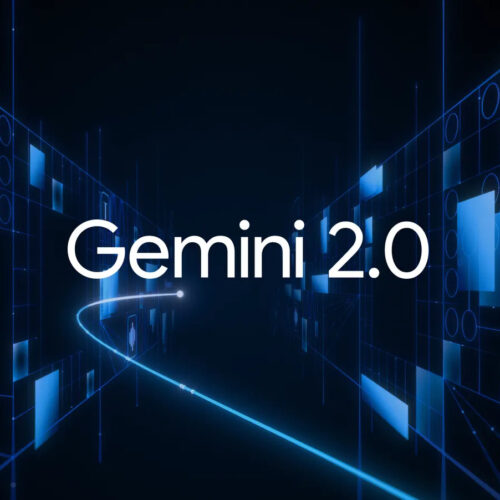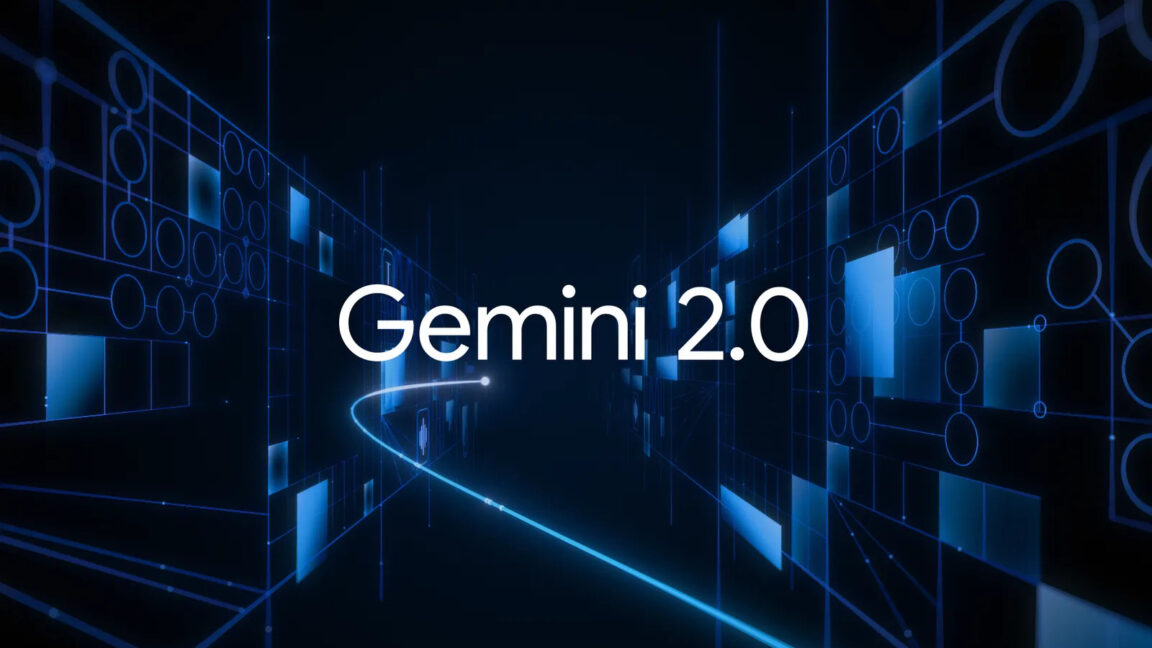The AI war between Google and OpenAI has never been more heated
Over the past month, we've seen a rapid cadence of notable AI-related announcements and releases from both Google and OpenAI, and it's been making the AI community's head spin. It has also poured fuel on the fire of the OpenAI-Google rivalry, an accelerating game of one-upmanship taking place unusually close to the Christmas holiday.
"How are people surviving with the firehose of AI updates that are coming out," wrote one user on X last Friday, which is still a hotbed of AI-related conversation. "in the last <24 hours we got gemini flash 2.0 and chatGPT with screenshare, deep research, pika 2, sora, chatGPT projects, anthropic clio, wtf it never ends."
Rumors travel quickly in the AI world, and people in the AI industry had been expecting OpenAI to ship some major products in December. Once OpenAI announced "12 days of OpenAI" earlier this month, Google jumped into gear and seemingly decided to try to one-up its rival on several counts. So far, the strategy appears to be working, but it's coming at the cost of the rest of the world being able to absorb the implications of the new releases.


© RenataAphotography via Getty Images



